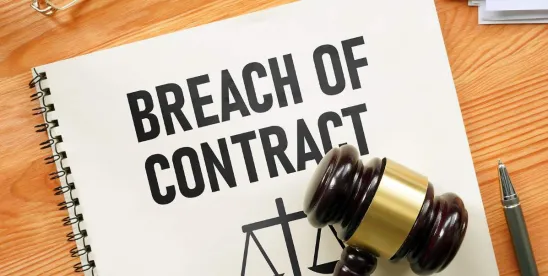In the context of a breach of contract action, one very important, often misunderstood, legal doctrine is the economic loss doctrine. In general, the purpose of this legal doctrine is to prevent a breach of contract case from devolving into a creative pleading contest, which can become unnecessarily cluttered with tort claims that will only impede the resolution of the matter.
Fortunately, the law is well settled that tort claims which are related to a breach of contract claim may not be maintained in addition to those established under the contract itself in the absence of an independent duty owed by the breaching party to a plaintiff. As a result, a party cannot recover under a tort theory alleging malicious or negligent breach of a contract if no independent fiduciary duty is owed pursuant to the terms of the contractual agreement. Further, such an independent duty of care cannot arise simply by virtue of the existence of the contract. As a result, a party’s potential liability for breach of contract is governed strictly by the application of the foreseeable damages stemming from the contractual relationship.
The purpose of this doctrine is to prevent the chilling of business relations should a party seek damages which lie outside of damages that were reasonably foreseeable due to a breach. As such, it has been consistently held that an independent tort action is not cognizable where there is no duty owed to a plaintiff other than the duty arising out of the contract itself.
A typical example that is often encountered in court is where a plaintiff attempts to bring a claim for negligence in addition to a contractual claim. Under New Jersey law, a tort remedy for negligence cannot arise from a contractual relationship in the absence of an independent duty imposed by law. This differs from a physician/patient relationship, or another professional relationship such as an attorney/client relationship where an independent obligation at law exists. Typically, however, while a defendant might possess technical skills that it was obligated to perform under the contract its failure to do so is not a violation of an obligation imposed by law, but instead, a breach of its contractual duties. As such, in the absence of a qualifying professional relationship where a special obligation or duty is imposed by law, a party’s claims are governed by a breach of contract and tort claims cannot be asserted.



 />i
/>i

